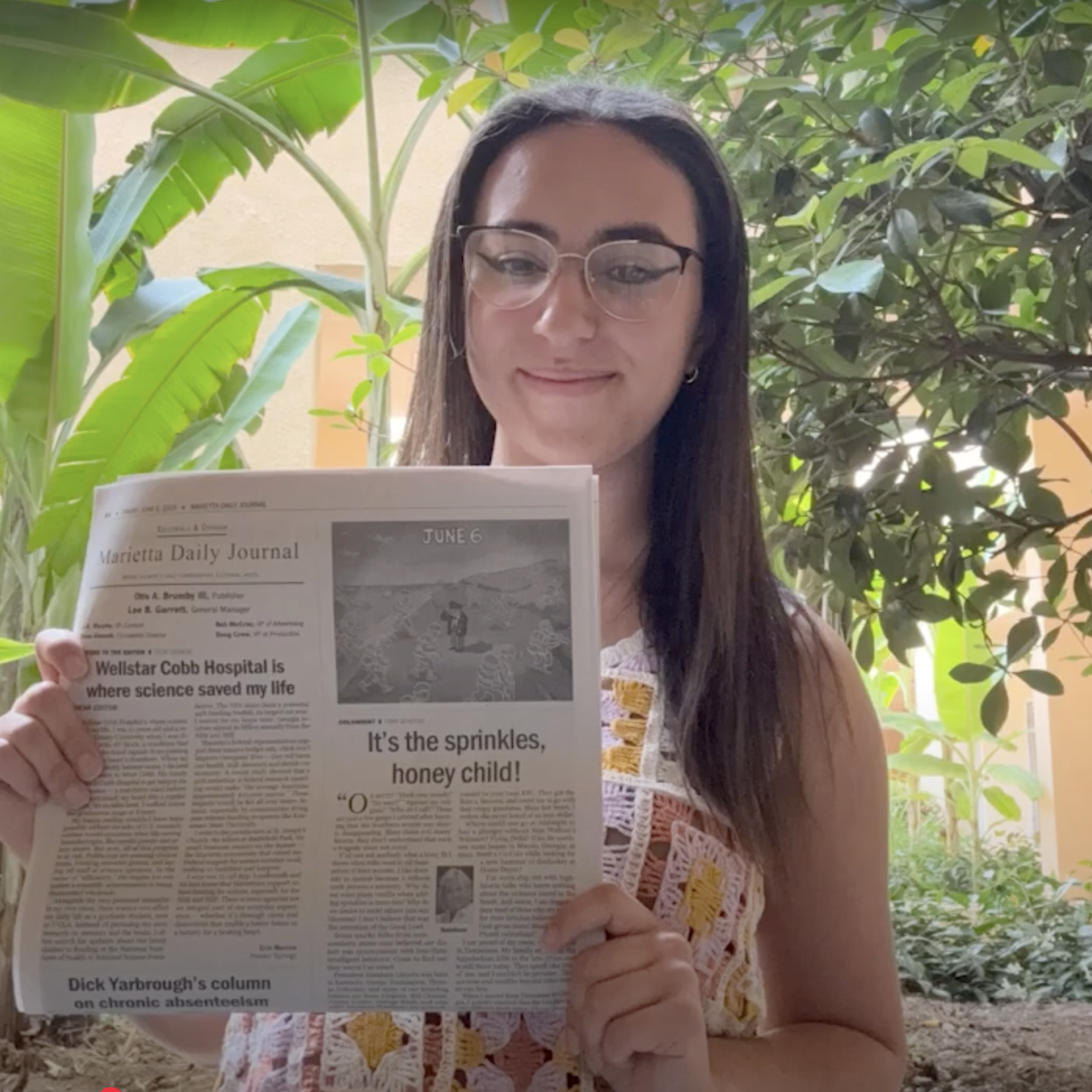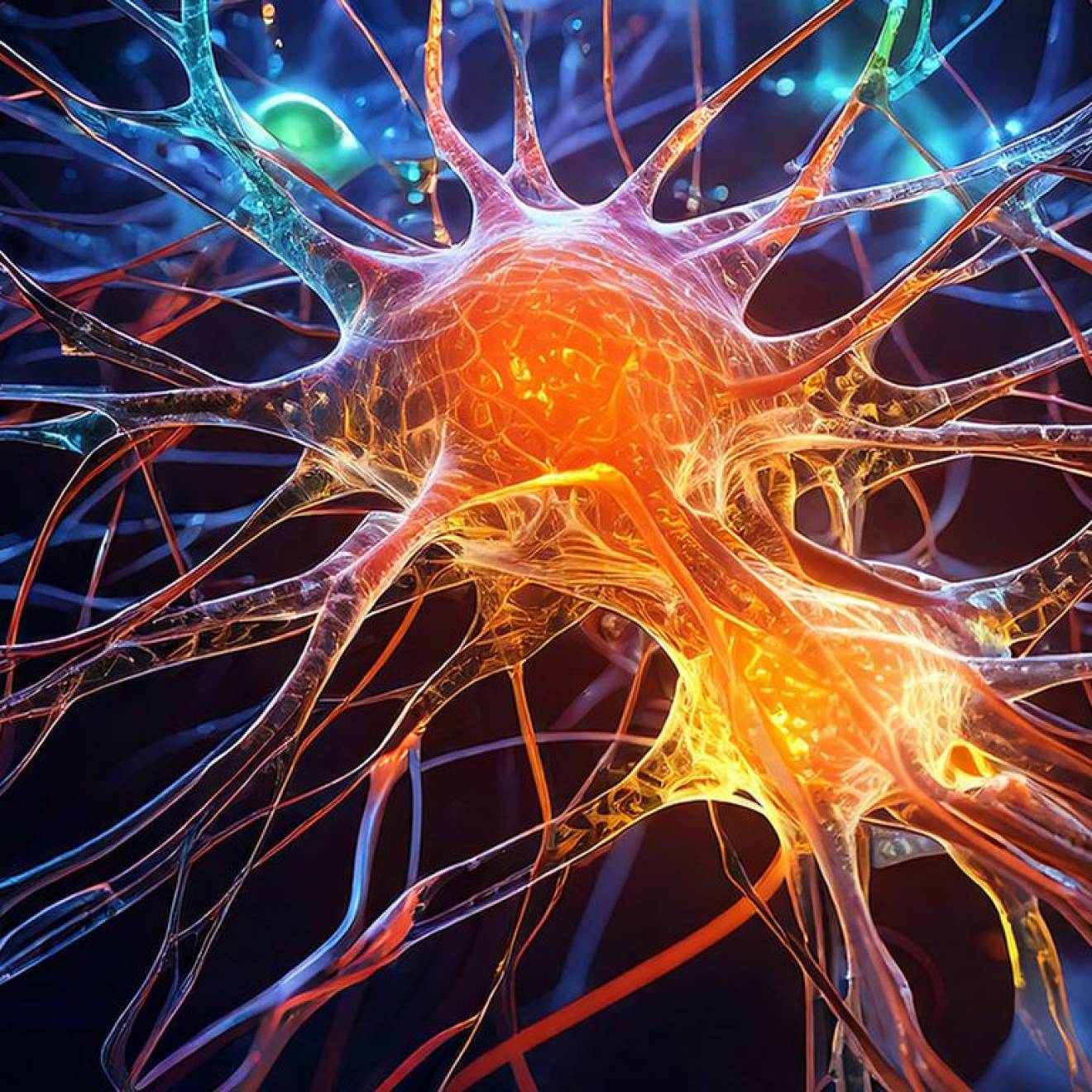Tom Vasich, UC Irvine
IRVINE — People who can accurately remember details of their daily lives going back decades are as susceptible as everyone else to forming fake memories, UC Irvine psychologists and neurobiologists have found.
In a series of tests to determine how false information can manipulate memory formation, the researchers discovered that subjects with highly superior autobiographical memory logged scores similar to those of a control group of subjects with average memory.
"Finding susceptibility to false memories even in people with very strong memory could be important for dissemination to people who are not memory experts. For example, it could help communicate how widespread our basic susceptibility to memory distortions is," said Lawrence Patihis, a graduate student in psychology & social behavior at UC Irvine. "This dissemination could help prevent false memories in the legal and clinical psychology fields, where contamination of memory has had particularly important consequences in the past."
Patihis works in the research group of world-renowned psychologist Elizabeth Loftus, who pioneered the study of false memories and their implications.
Persons with highly superior autobiographical memory (HSAM, also known as hyperthymesia) — which was first identified in 2006 by scientists at UC Irvine's Center for the Neurobiology of Learning & Memory - have the astounding ability to remember even trivial details from their distant past. This includes recalling daily activities of their life since mid-childhood with almost 100 percent accuracy.
The lead researcher on the study, Patihis believes it's the first effort to test malleable reconstructive memory in HSAM individuals.
Working with neurobiology & behavior graduate student Aurora LePort, Patihis asked 20 people with superior memory and 38 people with average memory to do word association exercises, recall details of photographs depicting a crime, and discuss their recollections of video footage of the United Flight 93 crash on 9/11. (Such footage does not exist.) These tasks incorporated misinformation in an attempt to manipulate what the subjects thought they had remembered.
"While they really do have super-autobiographical memory, it can be as malleable as anybody else's, depending on whether misinformation was introduced and how it was processed," Patihis said. "It's a fascinating paradox. In the absence of misinformation, they have what appears to be almost perfect, detailed autobiographical memory, but they are vulnerable to distortions, as anyone else is."
He noted that there are still many mysteries about people with highly superior autobiographical memory that need further investigation. LePort, for instance, is studying forgetting curves (which involve how many autobiographical details people can remember from one day ago, one week ago, one month ago, etc., and how the number of details decreases over time) in both HSAM and control participants and will employ functional MRI to better understand the phenomenon.
"What I love about the study is how it communicates something that memory distortion researchers have suspected for some time: that perhaps no one is immune to memory distortion," Patihis said. "It will probably make some nonexperts realize, finally, that if even memory prodigies are susceptible, then they probably are too. This teachable moment is almost as important as the scientific merit of the study. It could help educate people — including those who deal with memory evidence, such as clinical psychologists and legal professionals — about false memories."
The study appears this week in the early online version of Proceedings of the National Academy of Sciences.
UC Irvine's Steven Frenda, Nicole Petersen, Rebecca Nichols, Craig Stark, James McGaugh and Loftus also contributed to the work, which was supported by the National Science Foundation Graduate Research Fellowship Program, the Sigma Xi Grants-in-Aid of Research Program, the Ralph W. & Leona B. Gerard Family Trust, Unither Neurosciences Inc., the Public Health Service, the National Institute of Mental Health (grant MH12526) and the National Institutes of Health (grant 1R01AG034613).

